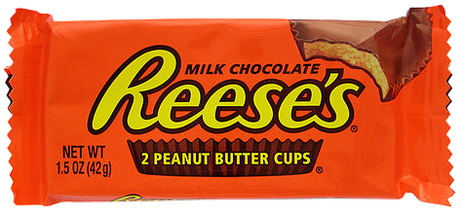seans_potato_business
Senior Cook
If I pulverise peanuts in my food processor they ultimately form a medium-low viscosity liquid. Leaving the liquid to stand for a few weeks at ~15 °C (~60 °F) doesn't result in an appreciable amount of oil rising to the top. I would love to centrifuge it but that equipment is expensive and I can't think of a way to securely attach a container to the inside of my washing machine or else I'd try that!
Does anyone know of a way to extract the oil or, alternatively, to thicken the liquid without having to remove the oil?
Does anyone know of a way to extract the oil or, alternatively, to thicken the liquid without having to remove the oil?


